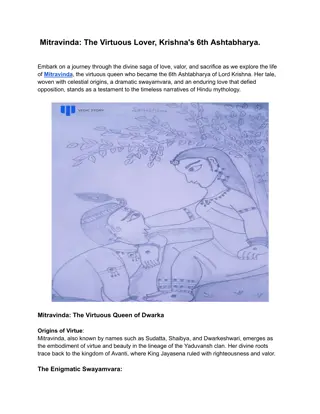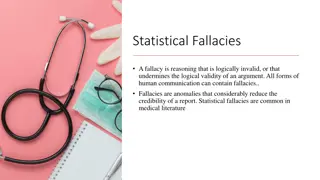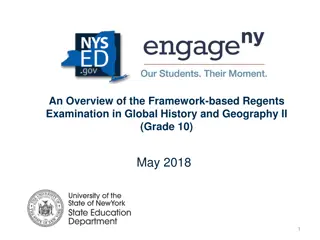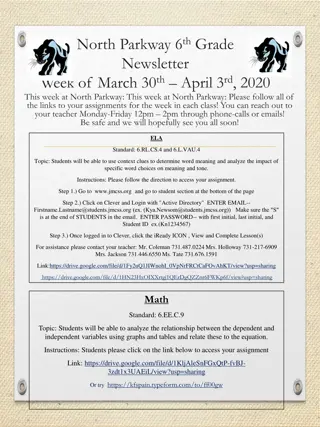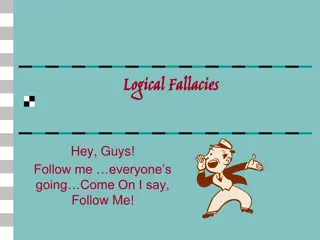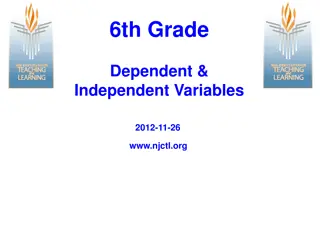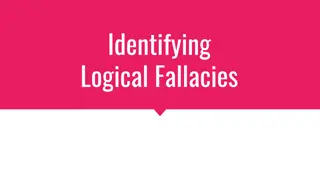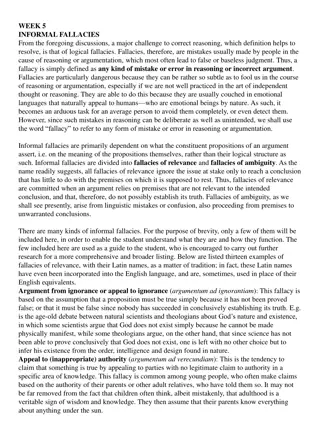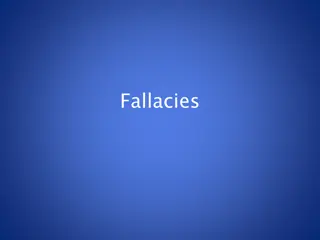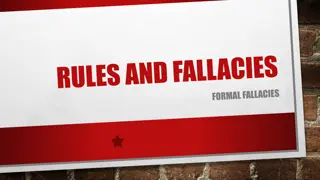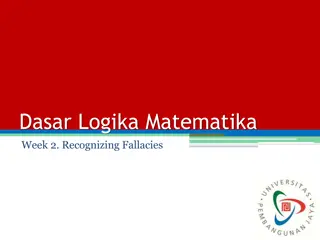Understanding Fallacies in 6th Grade Social Studies
Explore the world of fallacies in 6th Grade Social Studies through examples and activities. Learn about biases, experimenter bias, confirmation bias, correlation vs. causation, random chance, lack of control group, and overgeneralization. Engage in group activities to identify and discuss different fallacies in historical contexts and modern topics.
Download Presentation

Please find below an Image/Link to download the presentation.
The content on the website is provided AS IS for your information and personal use only. It may not be sold, licensed, or shared on other websites without obtaining consent from the author. Download presentation by click this link. If you encounter any issues during the download, it is possible that the publisher has removed the file from their server.
E N D
Presentation Transcript
Objectives The students will be able to explain why this example is biased or contains a fallacy. The students will be able to identify the type of bias or other fallacy in a math example by using critical thinking skills. 1 6th Grade Social Studies
The 6 Types of Fallacies Type of fallacy Definition Example Ancient Greece played an important role in politics, geography, government, and culture. Which place in ancient history do you believe is credited with the start of democracy? Experimenter bias Results may be incorrect in an experiment because information may have been given to participants which may have influenced their decisions. Confirmation bias Accepting something as true because you want it to support your ideas A presenter states to the audience, The Columbian Exchange was an excellent event in for areas to gain access to new fruits, meats, and vegetables. However, it also spread disease. Correlation is not causation Two or more things are related, but one does not cause the other. The Crusades was fought by groups of Christians, Jews, and Muslims over the Holy Land. The birth of Christianity, Judaism, and Islam headed toward the Crusades. 6th Grade Social Studies 2
The 6 Types of Fallacies Type of fallacy Definition Example Random chance A way in which luck or chance occurred for an event to happen with no strategy being involved. Many civilizations were destroyed by war, disease, or famine, but Pompeii was different because it was wiped out by a volcanic eruption. This city was completely destroyed by chance. Lack of control group An experiment or researched study does not include a group being experimented on in which to compare. The Aztec civilization had the greatest warriors. No other civilization was compared to the Aztecs when making this decision. Overgeneralization The belief that one event or action is an example for the whole. Silk Road was dangerous for merchants, so all merchants and trading were risky. 6th Grade Social Studies 3
Group Activity Get in a group of 3-5 students. Choose a topic. Each group should choose a different fallacy type. Then write an example using the chosen topic and fallacy type. Topic s Fallacies Ancient civilizations Early inventions Exploration Trading and bartering World religions History of democracy African empires Experimenter bias Confirmation bias Correlation is not causation Lack of control group Random chance Overgeneralization 6th Grade Social Studies 4
Discussion Each group should read their example. The other groups should write down the fallacy type. Then discuss the answer and how the example has that fallacy in it. 6th Grade Social Studies 5
Review Type of fallacy Definition Type of fallacy Definition Experimenter bias Random chance Results may be incorrect in an experiment because information may have been given to participants which may have influenced their decisions. A way in which luck or chance occurred for an event to happen with no strategy being involved. An experiment or researched study does not include a group being experimented on in which to compare. Lack of control group Confirmation bias Accepting something as true because you want it to support your ideas. Correlation is not causation Overgeneralization Two or more things are related, but one does not cause the other. The belief that one event or action is an example for the whole. 6th Grade Social Studies 6




